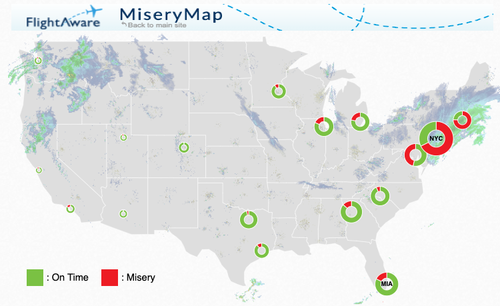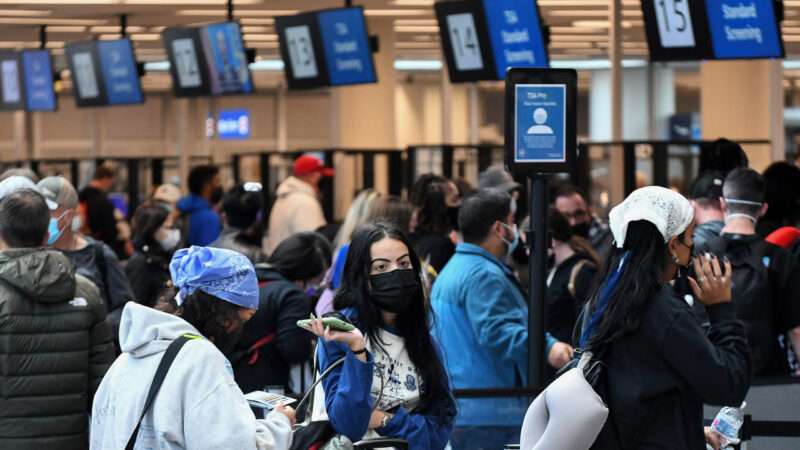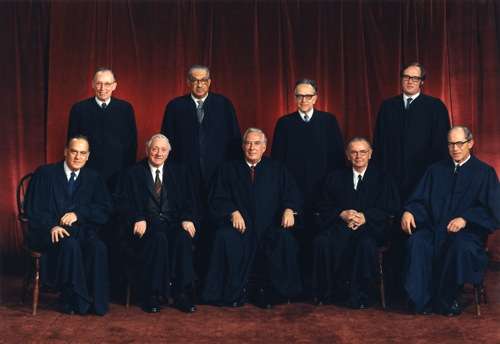“Democracy is the theory that the common people know what they want, and deserve to get it good and hard,” H.L. Mencken once wrote. It’s a wonderfully cynical sentiment that rings true when you realize that many people currently trudging through air-travel misery think that ritualistically lining up to be prodded and groped by the Transportation Security Administration (TSA) is a worthwhile part of the ordeal. That would be fine if they reserved the experience for themselves, but they drag the rest of us through what evidence says is a pointless gauntlet. It’s a reminder that popular policy isn’t the same thing as wise and sensible policy.
Even as many would-be travelers remain stranded in airport purgatory, “79% of Americans say that airports should prioritize screening for security threats over saving travelers time and money,” according to recent polling by YouGov America. Can it be that these people actually relish taking off their shoes, surrendering water bottles and Play-Doh containers, and posing spread-eagled for electronic scanners?
Nope. People may be freaky, but they’re not generally emulating Bill Murray’s overenthusiastic dental patient from Little Shop of Horrors. Adds YouGov, “over half of people who have gone through security in the past five years say the experience is somewhat (41%) or very (18%) inconvenient.”
The problem is that Americans way overestimate the effectiveness of the TSA and overall airport security efforts at keeping them safe from bad actors. Truthfully, the fact that they think the TSA accomplishes much of anything at all beyond making air travel a bigger pain in the ass reflects a massive disconnect between what people think is a good idea and what actually has a positive effect on the world.
“Homeland Security conducted an investigation in 2015 which found that undercover investigators were able to successfully smuggle mock explosives and banned weapons through Transportation Security Administration checkpoints in 95% of trials,” YouGov helpfully points out. “In stark contrast to these findings … More than three in four Americans say it is very (37%) or somewhat (40%) likely that airport security would stop the person” smuggling a weapon onto a plane.
That the TSA is completely ineffective and an abject failure at everything it does was apparent long before we mourned its 20th anniversary last year. Experts have long emphasized that the TSA is geared towards assuring the public that Something Very Important is being done to keep people safe, even as money and energy is squandered on pointless activities and useless devices. Security expert Bruce Schneier dubs the TSA’s role “security theater” since it’s geared for public consumption rather than effectiveness.
“The TSA is failing to defend us against the threat of terrorism,” Schneier pointed out in 2015. “The only reason they’ve been able to get away with the scam for so long is that there isn’t much of a threat of terrorism to defend against.”
What set Schneier off in 2015 (though he has followed the issue for years) was that Homeland Security test mentioned by YouGov revealing a 95 percent failure rate to detect explosives and weapons. Two years later, the TSA achieved an identical 95 percent failure rate in a test at Minneapolis–Saint Paul International Airport. National tests that year were “in the ballpark” of an 80 percent failure rate.
Before then, former TSA head Kip Hawley had called airport security “hopelessly bureaucratic” and “brittle.” The real security improvements after 9/11 were dynamic and largely invisible.
“Never again will a terrorist be able to breach the cockpit simply with a box cutter or a knife,” he wrote in 2012. “The cockpit doors have been reinforced, and passengers, flight crews and air marshals would intervene.”
But the TSA isn’t in the business of keeping Americans safe. It’s really in the business of catering to the fears of people who find all of the rigmarole at airport security reassuring.
To performative security measures we can add the federal public-health requirement that travelers keep their faces covered in airports, on aircraft, and in other forms of public transportation. American Airlines CEO Doug Parker and Southwest CEO Gary Kelly took a ration of flak for saying masks “don’t add much, if anything, in the air cabin environment,” but medical experts agree with them.
“Cloth masks are little more than facial decorations,” commented CNN Medical Analyst Leana Wen, a visiting professor of health policy and management at the George Washington University Milken Institute School of Public Health.
“In terms of current protection against SARS COV2, the cloth masks would be considered highly ineffective,” agrees Stanley Weiss, an infectious and chronic disease epidemiologist and professor at Rutgers New Jersey Medical School. He suggests cloth masks be saved “for masquerade parties.”
Neither Wen nor Weiss are pandemic-policy minimalists; both favor wearing medical-grade N95 masks. But those masks require proper fitting and are very uncomfortable in extended use. Instead of pushing the public towards further discomfort, the TSA advises that “masks can be either manufactured or homemade and should be a solid piece of material without slits, exhalation valves, or punctures.”
Basically, anything that just looks like a mask gets a big thumbs-up, effectiveness not required. Public-health theater joins security theater as a means of assuring a fearful public that Something Very Important is being done to keep them safe from the threats that occupy their imaginations.
Mencken, it should be noted, also observed that “The whole aim of practical politics is to keep the populace alarmed (and hence clamorous to be led to safety) by menacing it with an endless series of hobgoblins, all of them imaginary.” Terrorists aren’t entirely imaginary, and neither is COVID-19, but it’s certainly possible to keep the public alarmed and clamorous by overstating dangers and peddling bogus snake-oil solutions, especially when people have convinced themselves that snake-oil is a cure-all.
“Embracing a bit of risk could reduce the hassle of today’s airport experience while making us safer at the same time,” former TSA head Hawley commented back in 2012. He advocated a more-flexible behind-the-scenes approach that wouldn’t be so visible, or annoying, but might accomplish something.
But that wouldn’t be such a high-visibility approach, and it might not be as effective at convincing the public that something is being done as the ineffective security theater that wins such high approval. Popular policy and good policy aren’t the same thing, we need to remember, and government will almost always err on the side of whatever wins public approval.
The post Airport Security Measures Are Popular, But Pointless appeared first on Reason.com.
from Latest – Reason.com https://ift.tt/3HK1Uyc
via IFTTT





